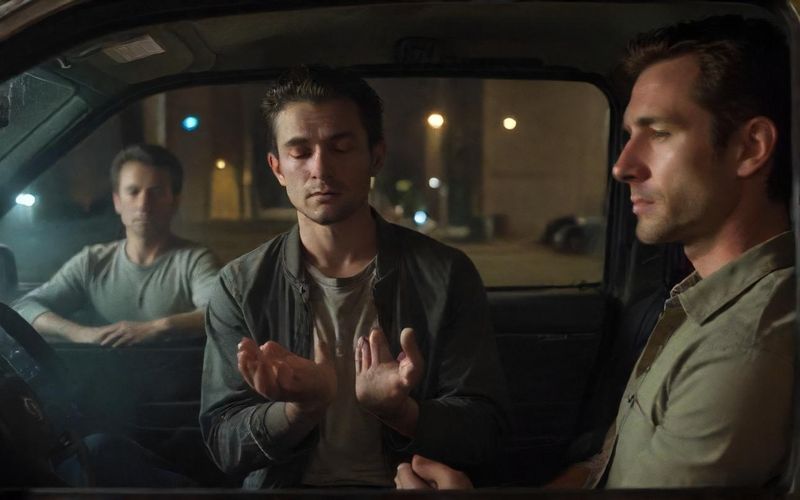Aziz Ansari's 'Good Fortune' Reveals Life's Hidden Truths

The film introduces us to Arj, played by Ansari himself, a man whose daily grind is a stark reminder of how precarious even basic survival can be. He's living in his car, hustling through odd jobs booked via apps, a situation that makes you pause and consider the sheer exhaustion of trying to make ends meet. As one review put it, every aspect of his life seems to be "hemmed in by money." It’s a sentiment many of us can probably relate to, that feeling of being so caught up in the day-to-day struggle that even finding moments of peace, like quiet meditation, becomes a luxury.
Then there’s Gabriel, an angel played with a charming naivete by Keanu Reeves. His job, ironically, is to prevent accidents caused by distracted driving, but he finds himself drawn to Arj's plight. It’s this celestial being who, as reported, gently tries to show Arj that money isn't the sole answer to happiness. And that's where the movie gets really interesting. While it pokes fun at the idea that wealth solves everything, it also doesn't shy away from the reality that financial security eases so many burdens. It’s a nuanced take, one that feels particularly relevant when we think about how much good fortune, or lack thereof, plays a role in our lives.
Good Fortune seems to be grappling with big ideas, questioning how we can find appreciation for our lives, especially when faced with the pressures of modern living. It’s a film that, despite its comedic aspirations, touches on the "impossibility of modern life," yet still manages to offer a sense of hope. It makes you wonder, does a dose of a lighter, more cinematic perspective on our struggles, even if it’s a comedy, have the power to shift our own outlook on the good fortune we might be overlooking?









